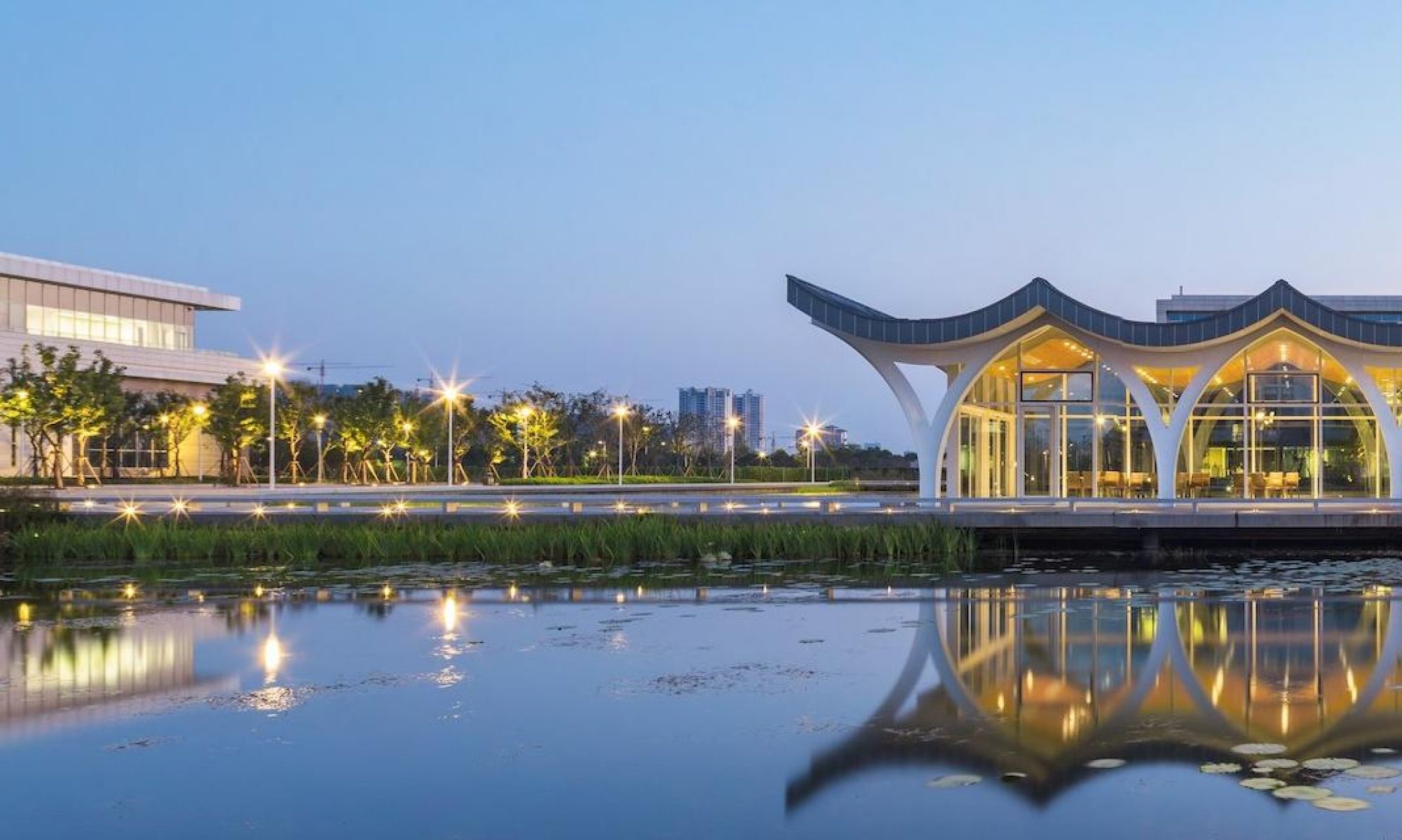Reported by Shivam Mani, Class of 2025.

To conclude the Humanities Research Center’s Ciencia y Caridad Fall Conference, the Co-Directors of the HRC, Carlos Rojas and James Miller, held a roundtable panel discussion with the faculty guests and attendees of the conference.
Prof. Rojas briefly summarized each event and lecture from the past two days, and provided his own comments on the research of the guests.
Starting with Prof. Duran’s and Prof. Page’s lectures, Prof. Rojas connected the two topics with the concept of ‘seeing’. Prof. Duran’s presentation on the medical humanities and gender in the works of Philip Roth and Sussana Kaysen included a scene from the movie “Elegy”, directed by Isabel Coixet, in which a woman’s male lover takes a picture of her to allow her to see herself through his eyes. ‘Seeing’ was also connected with Prof. Page’s presentation that highlighted different epistemologies in the environmental sciences, which is essentially an exploration of different world views–different ways of seeing humans’ relationship with nature.
Prof. Miller then took the group into a discussion about the meaning of science and charity, he also brought up the Chinese translations of 慈善 (cishan) and 科學 (kexue). Some questions brought up were how do the interpretations of these words change our understanding of them, and particularly the union of these two words. What does the ‘and’ or the 與 (yu) between science
and charity imply? The questions inspired a lively discussion between all the participants and faculty.
The faculty guests also provided comments on feedback on the running of the conference. They all were incredibly impressed by the running and format of the conference, as well as DKU’s emphasis on collaboration between students and faculty. Prof. Prado-fonts also added that the topic of ‘Ciencia y Caridad’, science and charity, was an excellent choice.
Towards the end of the discussion, students brought up their own thoughts on the conference and the topics brought up. Some questions and ideas included: the importance of diverse cultural perspectives in academia; the impact of elitism in academia; the extent to which science is compatible with doing good; how to make STEM accessible to more people through narratives, and more.
For many of the students present in-person, this was their first in-person DKU event, and they all were thoroughly inspired by all the research presented, and the myriad opportunities available to them through the HRC.
At the end of the event, the directors thanked the faculty guests, conference organizers, and student volunteers for their work and participation.
